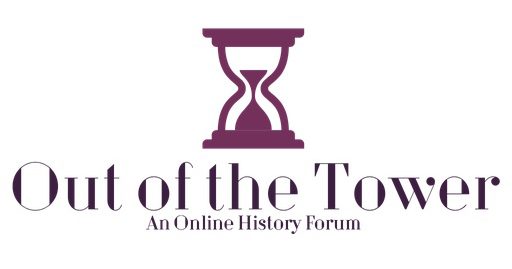Zotero is an invaluable resource for anyone who is organizing and analyzing research.
Even though I first encountered Zotero during a graduate-level digital history course, it took me another year to fully realize its benefits. When I began conducting research for my dissertation I became completely overwhelmed by the sheer volume and diversity of sources that I had to collect and examine. After three trips to the manuscript room at the Library of Congress produced scattered and indecipherable research notes, I decided to return to my Zotero account. This was probably one of the smartest decisions I ever made as a PhD student, as, to put it simply, I would not have finished my dissertation without the help of Zotero.
After a year of dissertation research, I had created a Zotero database that included materials from over-forty different manuscript collections. I also used Zotero to store congressional documents, Supreme Court decisions, newspaper and magazine articles, and books.
One of the beauties of Zotero is that it allows you to create a detailed entry for every item. So, for instance, each of my entries included a description of the source, the document type, its location (for archival materials this field was especially important as I was able to record the collection, folder, and box the source came from), and its significance. For important sources, I often attached a pdf copy of the exact item to the entry. I also tagged my entries per their themes and the chapters of my dissertation they would be included in. In addition, I linked related documents, which made it easier to explore the array of sources that I had collected.
Zotero also lets you effectively organize your records. I created one “collection” for my dissertation research, which consisted of several folders that were organized by the source type and location. For instance, I sorted my items into three main folders: government documents, publications, and archival collections. Since I traveled to several different research institutions, I created sub-folders for each location within the main archival-collections folder. I also made child folders within the location sub-folders for each manuscript collection. So, for example, the Library of Congress sub-folder included child folders for the papers of the National Woman’s Party, the League of Women Voters, and the National Consumers’ League.
As well, the search function on Zotero is highly efficient and easy to use. For example, you can search your records by names, dates, and tags.
Storage on Zotero is free up to 300 MB. You can upgrade your account to 2 GB for $20/year, 6 GB for $60/year, or unlimited for $120/year.
Zotero is so much more than a citation manager—as the developers put it, Zotero is “a personal research assistant.”
Check out the rest of Zotero’s features for yourself .
—Rebecca DeWolf, PhD
